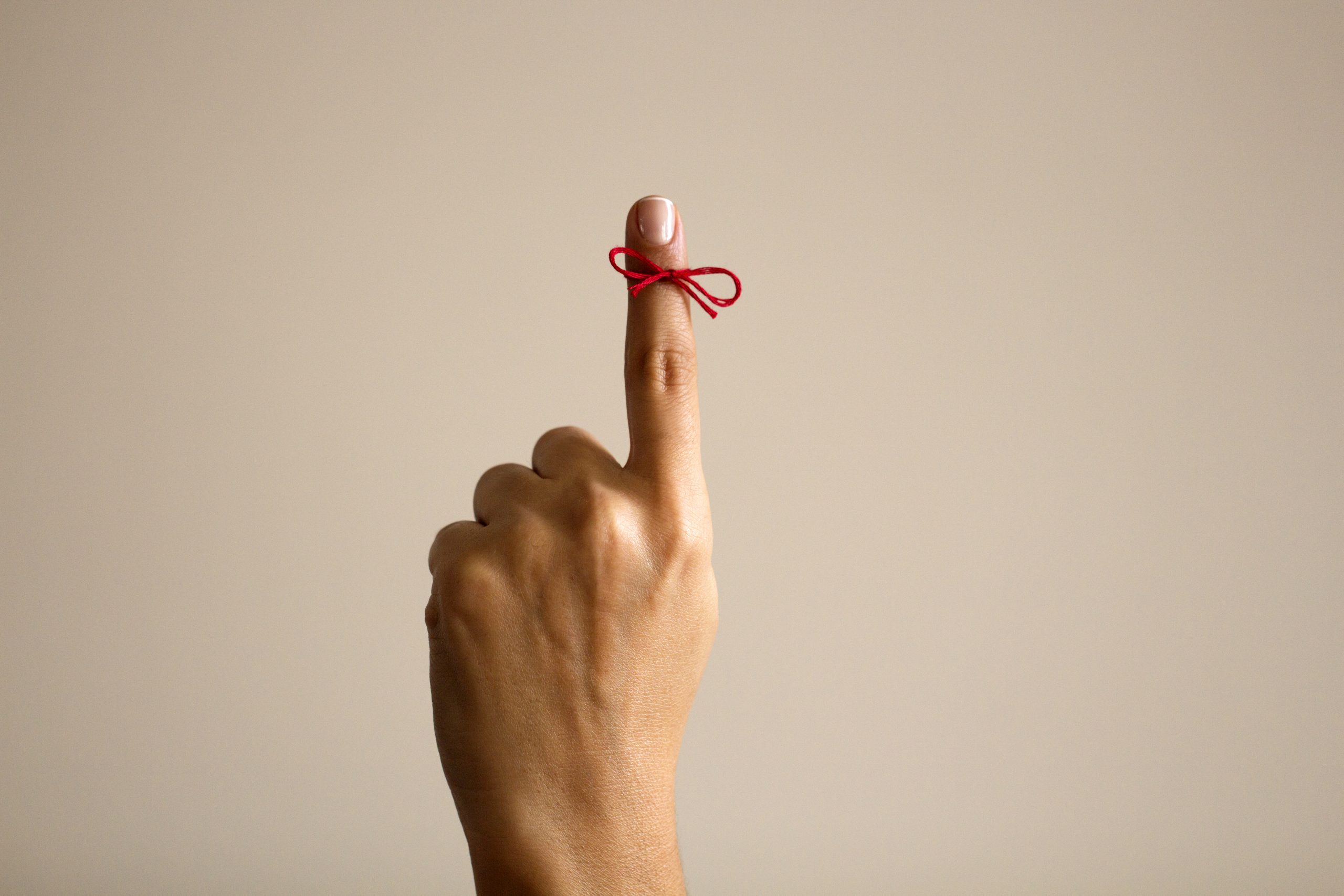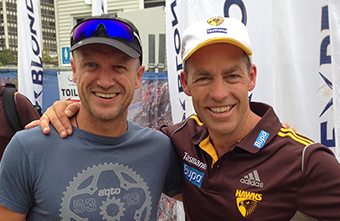WHAT BUSINESS LEADERS CAN LEARN FROM BASKETBALL & POINT GUARDS?
John Loebmann
There is a question that I frequently receive from people; however, I must confess it is not about basketball. Rather it is about how managers and leaders can increase engagement in their teams and be more effective in their roles?
Basketball is continuing to grow in popularity around the world and continues to capture our imagination. As teams are preparing for their next season, point guards are running their teams and surveying the scene before them. As she takes in the defence, she might notice a teammate cutting towards the basket. At the same time, he observes that he has a sliver of space between himself and his defender. What choice does the point guard make?
There is a question that I frequently receive from people; however, I must confess it is not about basketball. Rather it is about how managers and leaders can increase engagement in their teams and be more effective in their roles?
When asked, I often reflect on the point guard and their role as the floor leader on the basketball team. Let’s take a look at three of those components.
Control the game.
One of the point guard’s responsibilities is to execute the game plan on the floor, which is why they are also commonly called the ‘floor general.’ They must constantly survey the landscape and the situation – “are we ahead/behind”? “How much time is left on the clock”? “How many timeouts do we have”? Leaders are continually faced with very similar questions.
An area where the point guard excels is in allowing the team to feel comfortable and in control, while she executes the game plan. When it comes to leading teams, it is all about how we respond to these questions. Are we controlling the environment or is it controlling us? How effectively are we choosing to use our time? Are we using all the resources we have available to us to execute our strategy? Successful teams operate seamlessly and it can appear to be an effortless endeavor. Point guards lead from the front and control the game – driving the strategy while ensuring everyone is fulfilling their role. You cannot execute plays if there is confusion and undue pressure. Proper planning and understanding of the environment will ensure that situations are handled without panic. Composure is what sets the elite point guards apart and it is the same for leaders.
Get everyone involved.
The effectiveness of a solution is dependent on the quality and the acceptance of the idea. While running the floor, point guards are aware of how everyone on their team is performing in the moment. Are they Hot? Cold? Focussed? The answer, will determine how the point guard reacts. She may keep feeding the hot shooter, find a way to get a cold shooter an easy basket, or get the attention of her teammate to regain focus.
As leaders, our job is the same. Are we getting everyone involved or is there one person dominating the discussion? Are people helping each other or looking for ways to shine? The seemingly endless practice sessions in basketball, or any other professional sport, are not only about skill development, they are about being comfortable and having an understanding of how your teammates perform. How well do you know your teammates’ modus operandi? Have you identified what your teammates’ roles will be? Have you provided them an opportunity to add value to the team?
For example, in a meeting with a client, you can create an opportunity for a new team member to demonstrate their value. You can find ways to give them an open look at the basket and then pass them the ball knowing they can hit the shot. The more you understand your teammates experience, approach, and style, the easier for you to get them involved. Just as the point guard barks out a play, we can have set plays to get others involved. What does your playbook look like?
Create scoring opportunities.
As the floor general, it is incumbent on the guard to help the team continually evolve the game plan throughout. The defense is constantly evaluating what is happening and making adjustments. The point guard must recognize these adjustments and make her own adjustments. Point guards have the opportunity to call time out and check in with the team and get their thoughts on the game. The chance to reflect and change the plan allows for teams to get quick baskets out of timeouts. They need to have the ability to create their own shot and shift the momentum of the game. Steph Curry and Chris Paul are the masters at getting all of their teammates involved throughout the game, and then switching to becoming the major contributor on the scoreboard if that is what his team needs.
As leaders, we need to ensure we are adding value and creating future opportunities. This does not mean we are always leading from the front, rather it might require nurturing the culture and creating the right environment. We don’t necessarily have the chance to take over the scoring per se, what we can do is foster a culture that allows others to change the game with new ideas. The entire team has great ideas and the momentum will not be changed with you as the scorer. However, it is your role to notice that you need to allow the rest of the team to be part of the change required. Without that understanding, your efforts will fall flat. Chris and Steph can increase the scoring, but if the rest of the team stays the same, you will end up on the sidelines watching another team take the title. The Clippers have an extremely talented team, but they have yet to find a way to the promised land, while the Warriors have made it once and just missed out last year.
Summing up
As a leader and manager, you are always on the court and have the opportunity to be the point guard and find new ways to inspire and engage your team. The impact on you, the team, the organization, and your customers can be significant. If you can effectively control the environment, get the members of your team involved and contributing, and create a culture that supports and fosters new ideas, you are on your way to emulating the ways of Steph Curry and Chris Paul. As with most things though, the amount of success depends on the amount of preparation you do – the more you think about how to bring these elements to life and practice them, the more effective you could be when it is your time to be under the lights.
So, back to the point guard and the decision. Does she need to get her center involved in the game? Or, is it more important to control the tempo? Or, is it her turn to develop some new ideas?
What choice are you going to make?
Keen to know more about how to implement these and other initiatives at your next team get together? We’d love to chat about our how we can help. To start your thinking, let's talk to find out what's possible.
RELATED ARTICLE
Serious Play
As children most of us have experienced the sheer joy of bouncing on a jumping castle, or the…
THINGS TO #REMEMBER POST COVID – 19
There is a lot of upside in all the downside with important lessons to hold on to when “normal”…
An Answer to the Question ‘Why’?
Inspired by clients and Phuel's favourite question - 'Why?' Dean tells us how Phuel came to launch…
FOLLOW THE LEADER – LESSONS IN ACCEPTING ADVERSITY
Nathy's salsa classes are teaching her more than dance moves - learning to let go and being…
THE LEARNING CURVE: MORE LESSONS FROM THE LATIN DANCEFLOOR
Through taking salsa classes, Nathy observes how different learning styles can impact our team or…
MORE FEEDBACK PLEASE (SAYS NO ONE – EVER). MORE LESSONS FROM THE DANCEFLOOR
If you have someone shining a spotlight on areas of your performance that could be improved upon –…
LESSONS LEARNT FROM 14YRS AT PHUEL & THE HAWTHORN FOOTBALL CLUB
What can we learn from the inevitable changes we face in our teams and how to embrace this change.
THREE CHARACTERISTICS OF EFFECTIVE TEAMS – PART ONE
Agreeing for the sake of agreement is inefficient, and counter to working together well. Consider…
THREE CHARACTERISTICS OF EFFECTIVE TEAMS – PART TWO
Teams will thrive when individual roles are aligned to the team's purpose so that everyone is…
THREE CHARACTERISTICS OF EFFECTIVE TEAMS – PART THREE
Consider the important role of behavioural accountability in developing effective teams.
CHANGE THE WAY YOU CONFERENCE
A well-staged conference can be a turning point in an organisation’s behavior. Consider how to…











